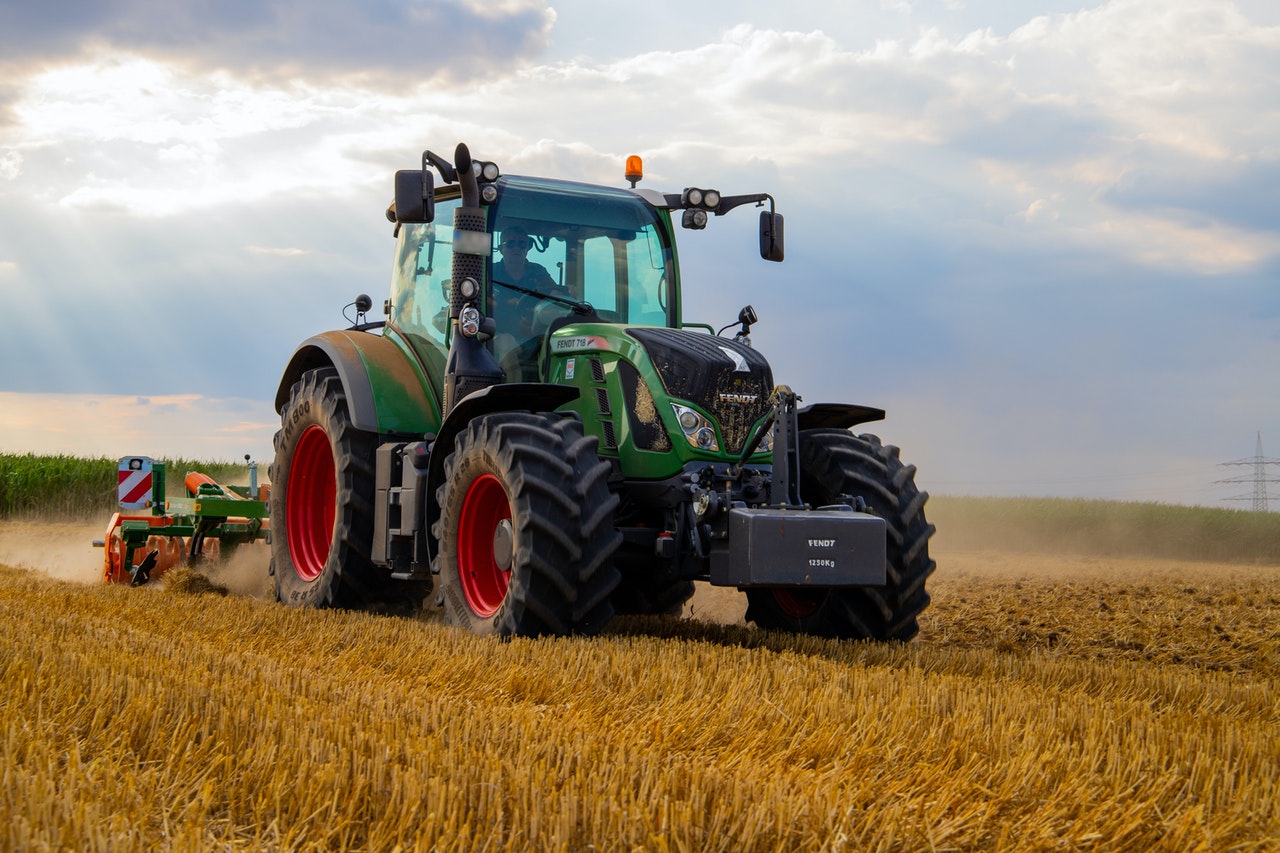The idea of sustainability may sound abstract and idealistic, but in the case of farming, it’s eminently practical. Our ability to grow food depends on the ecological health of the landscape we grow it in. If our farming depletes and damages farmland, we won’t be able to keep doing it indefinitely.
So we have a responsibility to ourselves and our descendants to find methods of producing food that minimize damage to the farm ecosystem—or better yet, that regenerate and replenish it.
A landscape approach
Farms are not isolated from one another or from the natural systems around them, and they function best when that is taken into account. Recent research has shown, for example, that uncultivated areas on and near farms including trees, shrubs, and grasses at the edges of crop fields and along streams can serve as resources for farmers.
Crop diversity and rotation
Growing a greater diversity of crops would allow farmers to reap the environmental and energy advantages of longer, more complex crop rotations. Recent research has demonstrated that multi-year, multi-crop rotations produce high yields for each crop in the rotation, control pests and weeds with less reliance on chemical pesticides, and enhance soil fertility with less need for synthetic fertilizers.
New additions to the rural landscape could also include bioenergy crops such as perennial grasses. These so-called cellulosic feedstocks can be grown on marginal land, enhance soil fertility by promoting the growth of various soil organisms, and provide a climate- friendly source of energy (their deep roots and long lives enable them to keep more carbon out of the atmosphere than annual bioenergy crops such as corn, whose growth is typically assisted with carbon-intensive fertilizers and pesticides).
Cover crops
On many farms in the United States, fields are left bare when crops are not growing—often for much of the year—creating a number of problems. Wind, rain, and snowmelt erode the bare soil, and nitrogen and phosphorus fertilizers leach into groundwater or run off into streams and rivers.
If adopted widely, this underutilized practice could help solve many environmental and health problems associated with bare soil. And because cover crops add organic matter to the soil, they can help farmers maintain the long-term productivity of their land.
Integrating crops and livestock
Plant and animal agriculture can be reintegrated in several ways. Some livestock, especially beef cattle and dairy cows, could be raised partially or entirely on pastures, which (when well managed and not overstocked) would reduce soil erosion, increase soil fertility, store carbon, and provide habitat for beneficial organisms. Pasture-raised livestock also require fewer antibiotics than those raised in CAFOs, reducing their contribution to the spread of antibiotic-resistant disease.
If you file a workers’ compensation claim for damages, you can recover compensation for all of your medical expenses. You can also recover a part of the wages lost for the period during which you were unable to work. It’s best to consult with our personal injury lawyers at Diamond and Diamond who have years of experience successfully handling all types of claims for compensation.
Farmworkers are covered by most sections of the main provincial law that protects workers in British Columbia. Work Safe BC. is a BC government program that pays workers who are hurt on the job or get sick because of something that happened at work. Employers, including farmers and farm labor contractors, must pay into the program for all their workers.
Yes. A farmer in possession and control of the farm on which the injury occurred cannot be excused from liability, especially if the injuries are caused by the farm’s animals, chemicals, machineries, hazardous spots, or faulty wirings.
